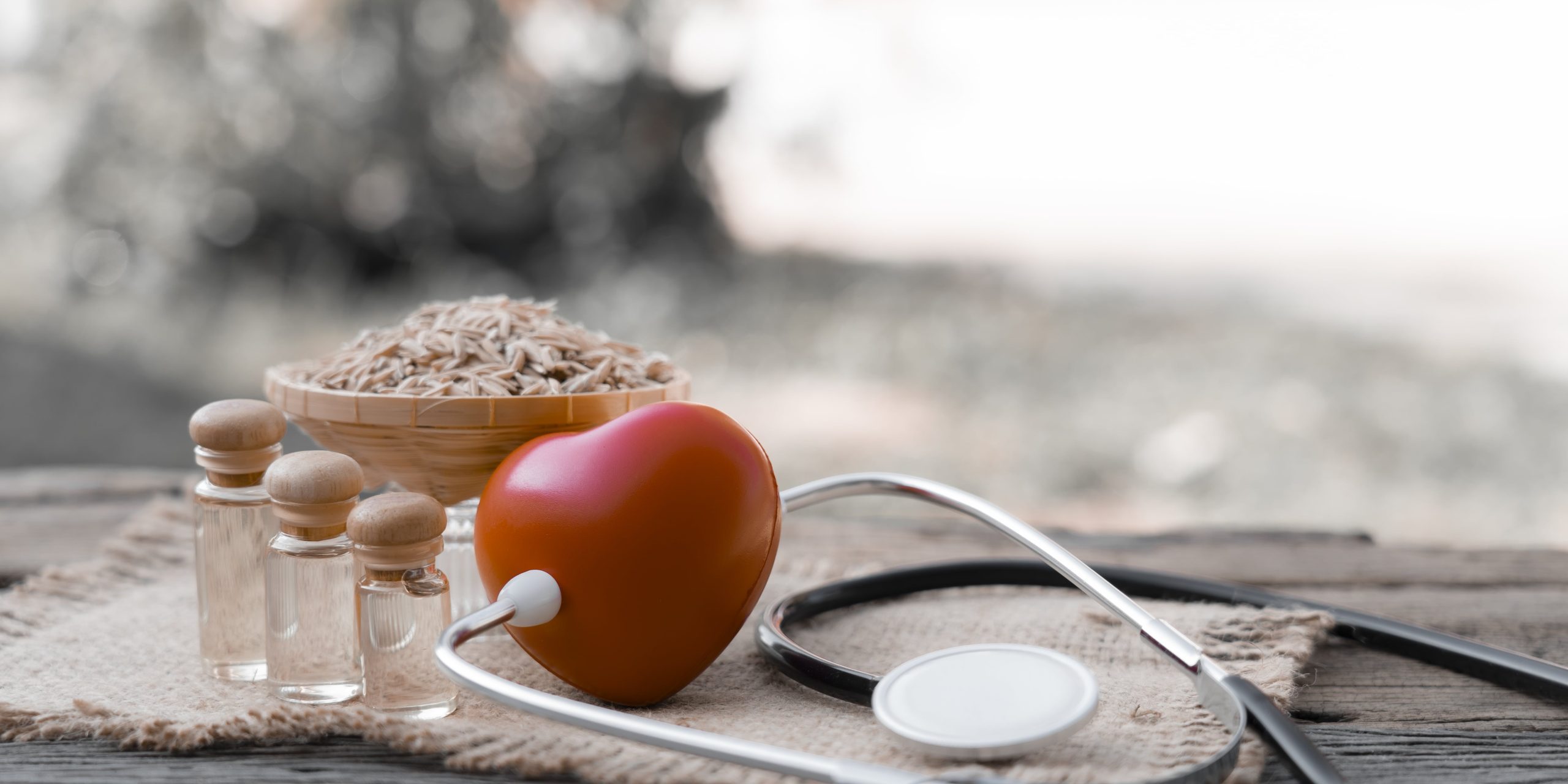High cholesterol is a common health concern that can increase the risk of heart disease and stroke. At Parkchester Medical, we believe that knowledge and proactive care are key to maintaining good health. In this blog, we’ll explain what high cholesterol is, why it matters, and how you can take natural steps to lower it and protect your heart.
What Is Cholesterol?
Cholesterol is a waxy, fat-like substance found in your blood. Your body needs cholesterol to build healthy cells, but too much of it can lead to fatty deposits in your blood vessels. Over time, these deposits can grow, making it harder for blood to flow through your arteries and potentially leading to serious cardiovascular problems.
There are two main types of cholesterol:
LDL (Low-Density Lipoprotein): Often called “bad” cholesterol because it contributes to plaque buildup in arteries.
HDL (High-Density Lipoprotein): Known as good cholesterol because it helps remove LDL cholesterol from the bloodstream.
Causes of High Cholesterol
Several factors can contribute to high cholesterol levels, including:
- Unhealthy diet (high in saturated and trans fats)
- Lack of physical activity
- Smoking
- Excessive alcohol consumption
- Genetics or family history
- Certain medical conditions (such as diabetes or hypothyroidism)
Natural Ways to Lower Cholesterol
The good news is that lifestyle changes can significantly impact your cholesterol levels. Here are natural strategies to help lower your cholesterol:
1. Adopt a Heart-Healthy Diet
- Eat more fruits, vegetables, and whole grains
- Choose lean proteins such as fish, legumes, and poultry
- Use healthy fats like olive oil and avocado instead of butter
- Limit intake of red meat, fried foods, and processed snacks
2. Exercise Regularly
Physical activity helps boost HDL (good) cholesterol and lower LDL (bad) cholesterol. Aim for at least 150 minutes of moderate aerobic exercise each week, such as brisk walking, cycling, or swimming.
3. Lose Excess Weight
Even a small amount of weight loss can help improve cholesterol levels. Focus on gradual, sustainable changes to your eating and activity habits.
4. Quit Smoking
Giving up smoking can improve your HDL cholesterol levels and benefit your heart and lungs almost immediately.
5. Limit Alcohol Intake
If you drink alcohol, do so in moderation. Too much alcohol can raise cholesterol and triglyceride levels.
6. Increase Soluble Fiber Intake
Foods high in soluble fiber, like oats, beans, lentils, apples, and carrots, help reduce the absorption of cholesterol into your bloodstream.
Partnering with Parkchester Medical
Monitoring your cholesterol levels and making lifestyle changes are essential to long-term heart health. At Parkchester Medical, our healthcare team can help you track your numbers, provide personalized guidance, and create a plan tailored to your health goals.
Take the first step toward a healthier heart—schedule a cholesterol screening at Parkchester Medical today!






